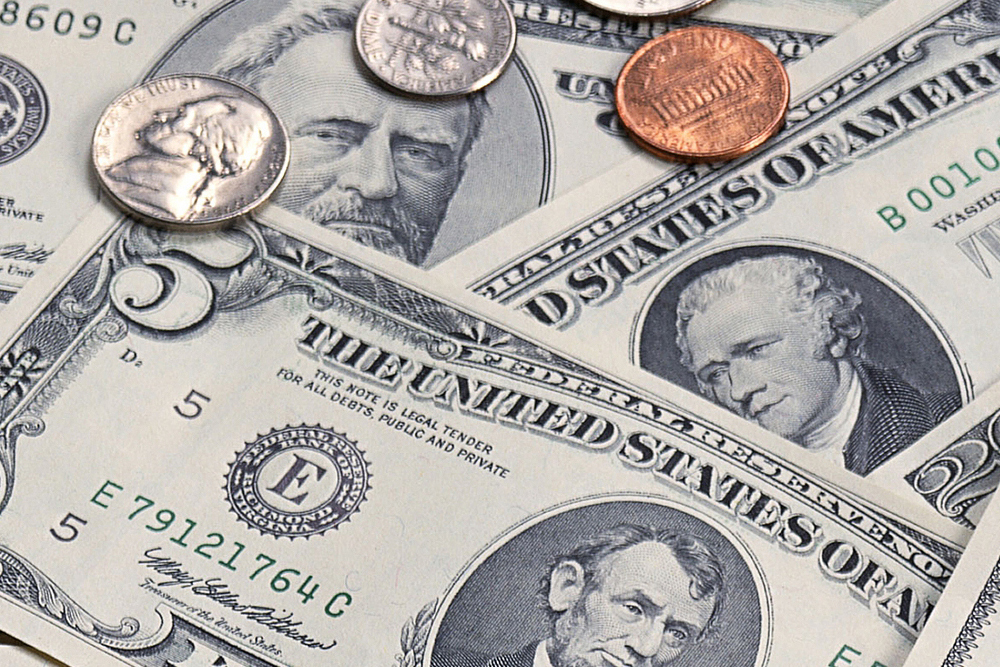On Friday, the yen fell as the BOJ remained dovish while the dollar struggled to recover from losses earlier in the week amid expectations that the Federal Reserve’s aggressive rate hikes would ease.
Following the BoJ’s commitment to keeping 10-year bond yields close to 0%, the dollar rose 0.8% to 147.43 against the yen.

“We have no plans to raise interest rates or abandon the soft policy in the near future,” said Haruhiko Kuroda, governor of the Bank of Japan.
According to him, Japan will change its policy if inflation approaches 2%, but this will be communicated clearly to the markets.
“Kuroda remains ambivalent about the weak yen, as one can hear in his comments. There is still a strong correlation between it and the current monetary policy of the BoJ. It’s basically sending a signal to the world that it’s not going to change the course of monetary policy anytime soon,” said Alvin Tan, head of Asia FX strategy at RBC Capital Markets.
The dollar was also higher against the sterling, which fell 0.4% to $1.1516, and the euro, which fell 0.2% to $0.9941, with investors feeling somewhat cautious.
The single currency was still licking its wounds after falling 1% the previous day as markets took it as a dovish decision to raise interest rates by the European Central Bank by 75 basis points.
“There’s a lot of data out of the US today, and there have been some weak technical reports, all of which weighed on risk sentiment,” said Simon Harvey, head of currency analysis at Monex Europe.
US PCE data ahead
The latest US report on the PCE deflator and employment cost index is due today ahead of next week’s FOMC rates meeting.
However, on gains earlier in the week, the euro posted a second consecutive weekly gain against the dollar and sterling for a third straight week, the longest of its kind for the pound since February.
Harvey explained this by saying that investors were closing short positions on the dollar that they had opened earlier this week and a week earlier.
These shorts were fueled by expectations that the Fed would slow its aggressive rate hikes in December, although a 75 basis point rate hike is still expected at next week’s FOMC meeting.
A more dovish ECB and the Bank of Canada, which announced a lower-than-expected rate hike this week, also spurred those expectations.

“But I think the Fed is in a different position. It’s a bit harder for the Fed to join the lead party because the inflation issue is more pressing there, so I expect some resistance from the Fed, and that’s likely to benefit the dollar,” said Moh Siong Sim, currency strategist at Bank of Singapore. The dollar also appreciated against the Swiss franc, Australian dollar, Norwegian krone and Swedish krona.


